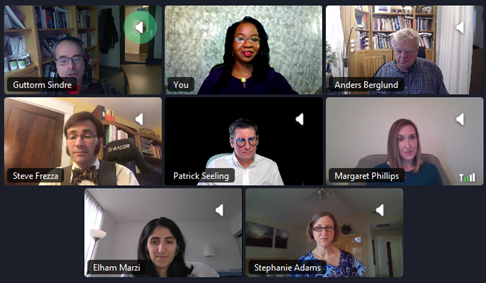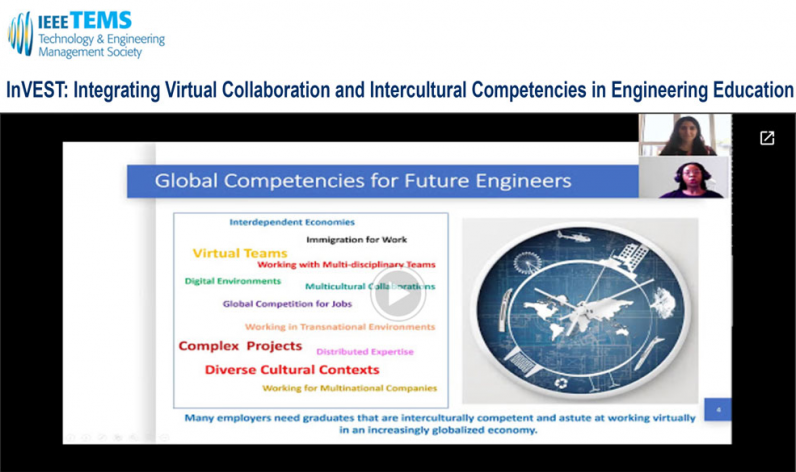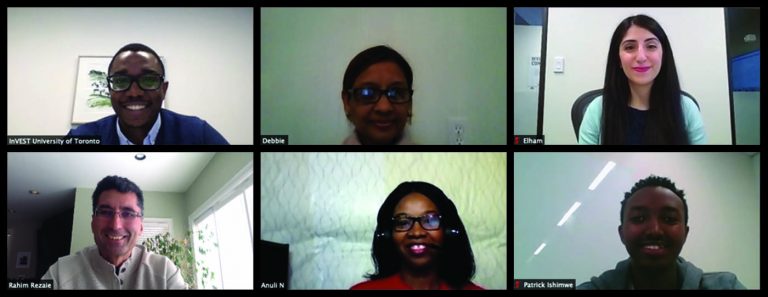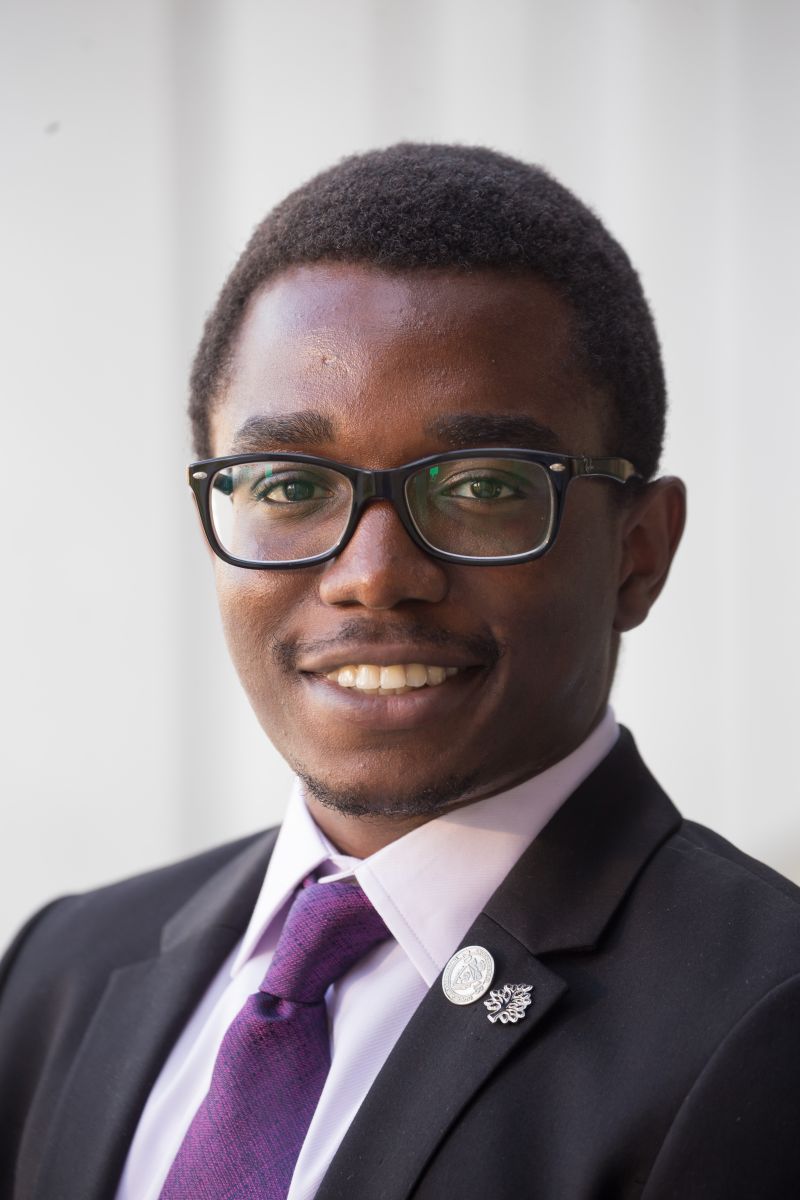November Events
October Events
Frontiers in Education Conference 2020 (FIE2020)
 Abstract
Expand
Abstract
Expand
Engineering students need more than technical knowledge to meet the demands of the 21st century, they also require lifelong learning skills and inter-cultural knowledge. Intercultural learning is a global competence concept which is necessary for engineers to be able to work on complex global projects; immigrate to find work; collaborate and compete with multicultural colleagues; and work for international companies (OECD/Asia Society, 2018; Downey et al, 2006). Higher education institutions are exploring how to support and faciliitate develop intercultural competences in students; however, in the engineering discipline studies are limited. Traditional study-abroad approaches have been adversely impacted by global events and challenges such as safety issues, health concerns, natural disasters, and political instability as well as students’ financial and time constraints (Opendoors, 2017). Consequently, educators are working to address the ‘perception’ gap across instructors, students, and employers. A study on large companies found that while 59.9% of respondents valued the efforts of engineering education institutions in preparing students for success in a global environment, only 27% of respondents felt that universities were successful in this mission (Warnick, 2011). In response, engineering education institutions and programs are exploring how to harness technology to satisfy academic and labor market needs in a scalable manner. This paper introduces the use of the Knowledge Community and Inquiry (KCI) pedagogical model developed by Slotta (2013) to design an inter-cultural learning course for student participants in the International Virtual Engineering Student Teams (InVEST) project. InVEST uses a blend of online social and collaborative experiential learning and synchronous video meetings to support students and educators involved in the project. The InVEST pilot project is aimed at bringing globally-dispersed educators and their engineering students together to engage in cross-institutional and collaborative project-based learning via an online learning environment. The course is designed to assist students in gaining an appreciation of diverse cultures and working together on a project to co-construct new cross-cultural understanding.
July Events
 Abstract
Expand
Abstract
Expand
Organizations are increasingly relying on intercultural competencies of employees and skills of virtual teams. While on-the-job training can support employees adapting and adoption of these competencies, organizations look to higher education institutions to ensure that the next generation of engineers joining the workforce are prepared in advance. Engineers like other members of the workforce face the same opportunities and challenges that result from globalization, the need for intercultural knowledge and skills [1] [2]. These skills however are not explicitly offered or honed in most post-secondary educational institutions. While many educational institutions offer traditional exchange and travel abroad opportunities to students [5][6], these programs are limited by constraints including time, finances, and other resources [3]. In response, engineering programs are exploring how to harness various technologies to satisfy academic and labor market needs in a scalable manner. The International Virtual Engineering Student Teams (InVEST) initiative supports students in honing their intercultural, global, and virtual team skills. Students working on Research and Capstone projects can enhance their learning by taking the add-on module-based course. The InVEST course is developed using the Knowledge, Community, and Inquiry (KCI) pedagogical model [5] in which students experience the course through a blend of online, social and collaborative experiential learning and synchronous video meetings. The InVEST initiative is designed to address this gap in engineering education, by facilitating development of intercultural skills for future engineers and ensuring that as they enter the global workforce they are better able to tackle challenges both through how they work in virtual teams and what they do as engineers.
Authors ExpandAnuli Ndubuisi, Ph.D. Candidate
Rubaina Khan, Ph.D. Candidate
Elham Marzi Ph.D.
Oluwatobi Edun, M.Eng.
Date: Friday 31st July
InVEST Mentions
U of T Engineering Impact Report 2020

The International Virtual Engineering Student Teams (InVEST) team includes: (from top left to bottom right) Oluwatobi Edun, Dr. Debbie Mohammed, Prof. Elham Marzi, Dr. Rahim Rezaie, Anuli Ndubuisi, Patrick Ishimwe (Photo courtesy Elham Marzi)
Gaining global perspectives through virtual collaboration
“This is a great opportunity to find out first-hand what intercultural collaboration really looks like,” says Dean’s Emerging Innovation in Teaching Professor Elham Marzi (ISTEP) for ISTEP. She and the InVEST team plan to expand… For More Checkout The FOSTERING ENGINEERING LEADERSHIP Section Of The Report
#SkulemateShoutOut

#SkulemateShoutOut: Chem Eng at UofT alumnus Oluwatobi Edun currently works at #UofTEngineering‘s Institute for Studies in Transdisciplinary Engineering Education & Practice (ISTEP), helping to establish the International Virtual Engineering Student Teams (INVEST) program… Check out the full post
